Focus. The center of interest, our ability to pay particular attention to someone or something and see clearly.
I was a machine of getting things done. If you gave me a complicated project, my brain would know how to break it down and make it simple. Like a photographer who looks at the view and knows in their head what the picture should look like, it was as if I aimed my camera lens while squinting my eyes as narrowly as possible so I could see all the steps clearly in my head.
Then one day the focus flew out the window. Having my own business taught me that it is so much easier to deliver when I am part of the team. But working on my own? I lost my ability to commit and see results.
How come?
Like many other skills that business owners must learn to become better at what they do, I did a deep dive to help myself understand what some actions I could take in order to overcome my challenge with staying focused and on track were.
One of the things that showed up repeatedly was a morning routine: from Warren Buffet to Ariana Huffington, many successful people had created a morning routine that would feed their energy and help them stay focused.
When I brainstorm, with my clients, ways to help them stay focused, I always bring up the morning routine. As Tim Ferriss says, “If you win the morning, you win the day.”
Think less about the time and more about the return on your investment. Yes, some people have a three-hour morning routine: they wake up early, drink water, do a hardcore workout, and then meditate for at least 20-30 minutes. Some even pray, shower in cold water, journal. Many will write down their goals for the day and add on gratitude journaling and then move on to breakfast unless they follow intermediate fasting.
Some will do their emails from home quietly while others will not touch their emails until later in the day. The morning routine is their personal development, self-care and it helps make sure their energy is high and they are focusing on their vision and goals.
If, like many others, including me, you have a need to boost your energy and want to feel less distracted and more focused, let’s review a few of the steps you can take to explore what can be your morning routine.
Waking Up
That was one of the hardest steps for me. I was (and still am) a night owl. On average, I slept five hours a night. With three little kids, I was tired all the time. It was fine when I lived, worked, and walked in the Big Apple. When we moved to the suburban way of living, I attended a wellness workshop and learned the sad news that sleeping less than six or seven hours not only screwed up the way my body burned the fat when I worked out, but it was also dangerous to my children. You see, driving with so little sleep was scientifically as if I was driving after drinking two glasses of alcohol! That was enough motivation to say goodbye to almost 40 years of late-night work.
Some might say that to be successful with what you do you should wake up at 5 am, even 4am. And maybe you are one of the lucky ones who hop out of bed when the alarm clock strikes four. If so, congratulations. But it shouldn’t feel like getting up is the worst part of your day. Remember, your morning routine is about setting the tone for the rest of the day. You need to wake up at the right time for you. The key here, however, is to stick to that wake-up time every single day of the week, including the weekend, and to get at least seven hours of sleep.
Cheat Sheet: Getting Ready
Getting ready for the day can be more efficient when you take a few moments to prepare for your next day the night before. Set an alarm clock half an hour before you want to get to bed. Some people will even need more than one hour to transition to bed. On the nights I know I will start my morning with a run or another workout routine, I will make sure my workout clothes are waiting for me, ready to go. Seeing the workout clothes in the morning is a commitment to the night-Noa who laid them out the night before and who I will stay accountable to in her plan because I know how easy it is for me to get off track. Staying committed to my night goals keeps my energy up, I know I am aligned with what is important to me: I walk the talk, and I am a woman of my words.
Mindfulness Routine:
Focus is about feeling centered, it is about being mindful and aware of your choices, and beyond anything else, it is about being present with what needs to get done and with others.
Mindfulness, in a nutshell, is the actions we take to become more aware and present with ourselves.
The list to practice mindfulness is long:
Walk
Run
Yoga
Writing
Playing (box game) or an instrument
Creative work
Meditation
Praying
Working in the garden
Journaling
Gratitude
Nutrition and drinking water
Different people find value in different activities. This is where experimentation comes into the picture. My approach, after speaking with people who teach meditation, yoga and other mindfulness practices, is that it is less about the time and more about the consistency. But first, you have to learn what works for you and what doesn't. Like with food allergies or sensitivities, when people limit what they eat, after a few weeks they can add it back and see, by tracking what they eat every day, how they feel mentally and physically, and whether some symptoms are back. I suggest doing the same when you engage in mindfulness practices into your day. See how those activities impact your physical health, your emotional well-being, and your goals for the day. For example, if you choose to wake up every day at 6:30, and then meditate for 2 -5 minutes, track how your days look when you engage in these activities and how they look when you don’t. For example: How is your day when you engage in the activity? Does meditation help you sleep better or be more present with your work? Are you more focused and less emotional during the day after clearing your thoughts and emotions through journaling? Are you more energized when you work out? If you do miss a day of your morning routine, don’t be upset. Use this as an opportunity to track any difference that occurs when you remove whatever activities you were practicing.
Goal Setting
The vicious cycle of emails. No matter how hard you try to reduce your emails, there are always more. It is so easy to distract yourself and start your day with emails. Before you open your inbox, take a moment to look at your day and set intentions for the day and week. What are one to three goals you would like to achieve today or this week? Having a shortlist of goals forces you to stay focused. Long lists are great to see the big picture, but on a daily basis choose between one to three you would like to accomplish and stick with them. Having these goals written down and planned out is going to allow you to stay focused, feel more productive, and motivated- and, in the long run, accomplish more.
Experiment to Find Your System
There is no right way to find your perfect morning routine. It took me almost two years to find mine. First I had to work hard to switch my internal clock from a night owl to early bird and only then I was able to add on. I don’t need to work out first thing in the morning; I didn’t find it to be of much value for keeping me focused throughout the day. However, I do need a certain amount of specific workout routines throughout the week in order to feel good, feel more energetic, and to stay focused. Others will find working out in the morning to be the most important component to make their day perfect for them.
At the end of the day, we are different people with different needs. What makes me stay focused might not be of value to you. Be willing to experiment until you find what works for you.
Most importantly, the key here is to start your morning by setting a tone for what you want your day to look like, as well as to take care of yourself before you dedicate the rest of your day to your work, your family, or whatever else is consuming your attention.







